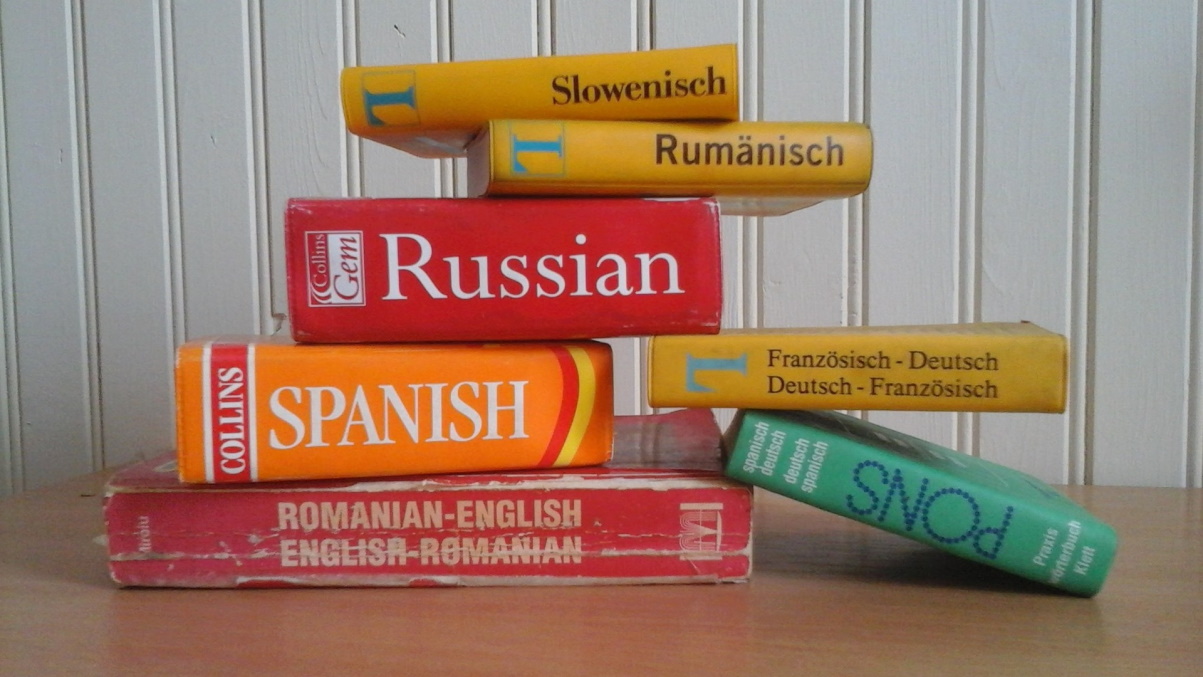HOME » NEWS » Trends » Globalization of Tourism
Impact of globalization on tourism

The trend towards the globalization of tourism is increasingly evident, and all players in the tourism market are recognizing its influence. Globalization refers to the phenomenon of economies becoming more open to the world, making the purchase of various goods and services more affordable and similar across different countries. This, in turn, unifies the world and accelerates the movement of goods, services, and capital.
The globalization of tourism has both positive and negative aspects, which we will explore and provide recommendations for reducing its negative impact on tourism through the development of smart tourism.
Monopoly OTA (Online Travel Agency)

As you may know, many online travel agencies (OTAs) are owned by the same companies, which can lead to a monopoly in the online tourism industry. Some examples include:
Trip.com Group, which owns Ctrip, Qunar, Trip.com, and Skyscanner Booking Holdings, which owns Booking.com, Priceline, Agoda, Rentalcars.com, Kayak, OpenTable, Rocketmiles, Fareharbor, Hotelscombined, Cheapflights, and Momondo Expedia Group, which owns Expedia, Hotels.com, Orbitz, Travelocity, Hotwire, Wotif, trivago, ebookers, Vrbo, and Cheap Tickets.
As you can see, the leaders of OTAs can be counted on one hand. This phenomenon has both positive and negative aspects.
On the negative side, there is a risk of monopolies due to the centralized nature of OTA policies, including dictating prices for hotels and accommodations. Large OTAs may also absorb or buy any start-up that appears on the market.
However, there are also positive aspects. Thanks to the concentration of capital, these companies can invest in the best and most advanced technologies, which can make the lives of ordinary tourists better and easier. However, these additional amenities often come at a price.
On the other hand, this situation also creates competition. For example, the Google search engine allows users to search for flights and accommodations and returns prices with the possibility of booking. However, they do not go beyond their mission of searching and finding what the consumer needs.
Additionally, there is a growing “direct booking” movement among hotels, where they advertise and market themselves on the internet without the help of OTAs.
How can we avoid a monopoly in booking travel services?
In our opinion, one way to avoid a monopoly in booking travel services is by promoting the development of smart tourism. This can be achieved through training programs for hoteliers and other tourism businesses, with the aim of improving their online presence and increasing direct sales and bookings. To support this, we have released a new tutorial on building Smart Tourism in a hotel. You can find more information on this at https://centersmarttourism.world/for-tourism-organisations/materials/metodical-manual-en/
Internationalization of tourism

Of course, internationalization is a result of globalization, where the geography of travel for ordinary tourists expands due to increased global connectivity. This promotes the growth of tourism and cultural exchange, leading to better understanding between peoples, among other benefits.
On the positive side, internationalization allows people from different countries to better understand each other and broaden their horizons.
However, there is also a negative side to internationalization, as visiting tourists may not always want to understand or respect local traditions and authenticity.
How to promote the internationalization of tourism?
To reduce the risk of misunderstanding, DMOs, tourism businesses, museums, and guides should increase their efforts to provide information to tourists. This information should be easily accessible on the internet, not just at the destination, but also during the travel planning stage. Consequently, the content shared by tourism organizations online should aim to enhance tourists’ understanding of the destination’s culture, traditions, and unique features.
Globalization of tourism and the language problem

All tourist organizations, hotels, and museums face a challenge when trying to convey authentic cultural and historical information to arriving tourists due to the expansion of tourism resulting from globalization. Effective transmission of this content can only be achieved if it is available to tourists in their native language, particularly if the content is produced using storytelling technology. Unfortunately, it is common for tourist organization and museum websites to lack content in the language of arriving tourists, including English which is understandable to many. This situation must be addressed if destinations want tourists to appreciate and engage in educational and conscious tourism.
It should be noted that smart tourism partially addresses the language barrier by providing translation capabilities in each tourist’s smartphone. However, this does not fully solve the problem. To ensure effective communication and understanding, more efforts should be made to provide accessible and accurate information in the language of arriving tourists.
How to Implement a Language Policy?
For all tourism organizations, including hotels, DMOs, and museums, we would recommend implementing a multilingual policy that focuses on their primary markets. This can be achieved by producing multilingual content and making it available on the website, social media, and other channels.
You can begin by translating the main content into English and then expand to creating content in the six official UN languages: English, Arabic, Spanish, Chinese, Russian, and French. Having content in these languages should be the standard practice for all tourism organizations.
Standardization and unification of tourism

In tourism, similar standards are being implemented globally. There is no longer a fundamental difference in the regulations for visiting any country worldwide.
On the positive side, globalization is leading to a similar level of service quality worldwide, and smart tourism is enabling even the least successful and backward tourism enterprises worldwide to obtain information about industry leaders and understand what they should aim for.
However, excessive standardization and unification of tourism can have a negative impact. Travelers are interested in exploring new places where everything is a little different and authentic. The problem is that excessive standardization can harm the authenticity that makes those places unique.
How to combine international standards and localization?
In following international standards, all tourism businesses, hotels and DMOs should be careful to ensure that the standards being implemented do not reduce local features, but, on the contrary, enhance them.
Globalization of the information space

Due to the fact that, in principle, all tourists in the world use the same Internet technologies and devices, it turns out that almost all Internet services that a tourist uses at home remain available abroad, with a few exceptions.
Such exceptions are often political in nature and, of course, do not add to the popularity of the destination. That is, if a tourist is used to using Facebook, but it is not available in some country, then, naturally, the tourist may experience some discomfort.
But there is a problem that many tourism organizations and DMOs do not post all the information on the Internet or do not update it, which is why tourists are misled.
What should be in the tourism information space?
Smart tourism lies precisely in the fact that tourism organizations and destinations must conscientiously fill their information space for tourists. The Internet should have all the information tourists need, which is easy to find and easy to use. In this case, the timely placement and updating of content remains the main problem in smart tourism.
Globalization of tourism and sustainable development

Globalization has rather a positive impact on the environment due to the globalization of the dissemination of information. Today, thanks to a broad information policy, there is no longer a person on Earth who does not understand the importance of this problem.
But, as you know, sustainable development is not only ecology, it is also economy and culture. And if economically globalization is more likely to bring benefits to destinations, then in terms of culture, everything is not so simple. Globalization can erase the authenticity of cultures and individuality of destinations, when tourists in different parts of the world are offered the same activities or entertainment.
In addition, globalization carries the risks of worsening economic disparities between tourists and locals.
How to preserve the cultural and social environment?
All tourism organizations should have a defined sustainable development policy that takes into account not only environmental aspects, but also cultural and social ones. It is worth adding to your SDG achievement policies the policy of preserving and protecting cultural heritage and the social environment.
Globalization and smart tourism

Smart tourism is subject to globalization like no other, because both tourists and tourism organizations use the same technologies all over the world. Google, Facebook and other applications are no different on smartphones, regardless of the country of residence.
On the one hand, this is good, because there is no need to learn new applications and services every time you travel.
However, there is a risk of erasing local features when the posts of travel agencies from different countries in social networks are no different, when museums have the same boring presentations on the same displays, when guides lead excursions according to monotonous patterns.
How does smart tourism reduce the negative impact of globalization?
Conscious content localization is required. That is, tourist organizations, hotels, museums should emphasize their national and local characteristics in the content posted, in every post on social networks, on every page of their website. There should be no monotonous sites or pages in social networks, devoid of local uniqueness. It is a well-known fact that it is not similarities that win in competition, but differences. And this will give tourists a unique local incomparable experience, for which tourists travel to other countries and cities.
How to reduce the negative aspects of globalization in practice

In the practice of organizations such as DMO museums, hotels, guides can reduce the negative impact of globalization. Here are some ideas:
Try to fill the food of tourists with local products.
Conclude supply contracts and make purchases from local manufacturers.
Use local symbols, local artwork, local unique landmarks more often on websites and social media.
Always emphasize the local uniqueness in any content for tourists.
Try to convey to tourists the features of the destination in their language.
Conclusions
In fact, no one will like to travel if they meet and use the same thing abroad as they use at home. For example, sleeping on the same IKEA pillows, drinking the same Coca-Cola and watching the same thing on Netflix. We remind you that people travel for original experiences and impressions.
We hope that this review will help destinations and tourism organizations understand how globalization affects the tourism industry and reduce its negative impact.
Author: Dmitriy Tin – founder of Center Smart Tourism GmbH
Editing and translation into English: Leonid Andrianov